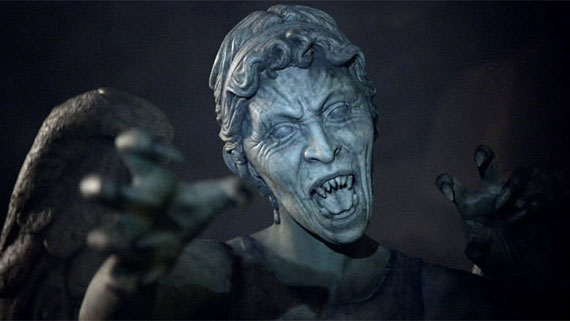Irrelevance
On the PBS News Hour last night there was a short discussion between Eric Schneiderman (pro marriage equality) and Vicky Hartzler, a republican member of congress (anti). The anti speaker kept bringing up the issue of "what's best for the children is a marriage with a mom and pop."
As I noted in my response to the USCCB statement, nothing about marriage equality will limit or affect married couples continuing to bear and raise their own biological children. There is, to put it in legal terms, no "standing" to this objection whatsoever. As a "principle" (debatable as it is on its own merits, since not all mixed-sex couples actually have children, or are all who do good parents, whether they "ought" to be or not!*) it is entirely irrelevant to the discussion. I can't put it any better than the old saying, "A man without a woman is like a fish without a bicycle."
Is there a fear that same-sex couples will do more adopting than they already do? Surely this is only because of the strait couples who for one reason or another cannot or will not raise their own biological offspring.
Besides, as I've noted before, the principle of a child being raised by someone other than his biological parents has venerable biblical attestation, in the person of Jesus Christ himself.
Tobias Stanislas Haller BSG
*The whole gap in conservative thinking between "is" and "ought to be" is at the root of much of the divide. Like it or not, same-sex marriage is a reality, and no amount of scare quotes is going to alter that.
UPDATE: It struck me that with
their recent round of pronouncements, the Roman hierarchy and "pro-family" conservatives are sending a
message of inferiority to all childless couples, and very likely winning them to the
side of marriage equality; since by their consequentialist ethic these
marriages are little better than mine...











Still, that is no reason to oppose this Bill — it isn't even "reason" at all — at least on the grounds that it is "redefining" anything.
I am not surprised, but disappointed that the Archbishop felt it necessary to speak on an issue on which the Church need have no position, as the civil marriages will not have any effect within the Church of England. There is a long history of discord between Canon and Civil Law in England in the marriage arena — from 1857 to 2002 divorced persons with living ex-spouses could be married under civil law but not in church; for the larger part of that time any church members who availed themselves of the civil provision (even the "innocent spouse") might find themselves excommunicated, and even now the clergy can refuse to marry couples in this situation. So there is absolutely nothing new in the legal provision for marriages — not just weddings! — of which the Church of England might disapprove, or choose not to recognize.
The truly sad thing is that in staking out a rear-guard position on a failing and irrational notion, the Archbishop does neither himself nor the church any good at all, and may in fact be causing further harm to the Church of England, the nation, and its people.
Tobias Stanislas Haller BSG